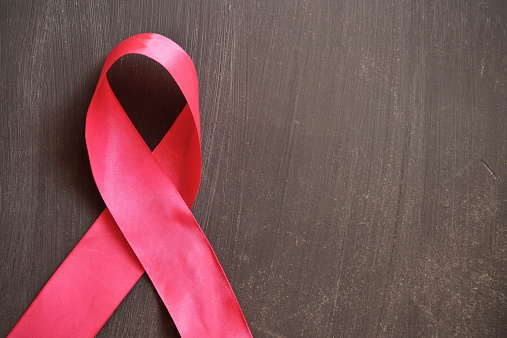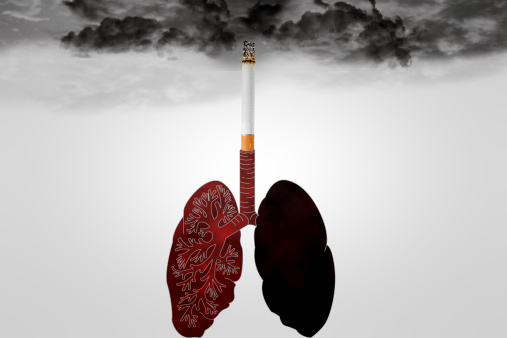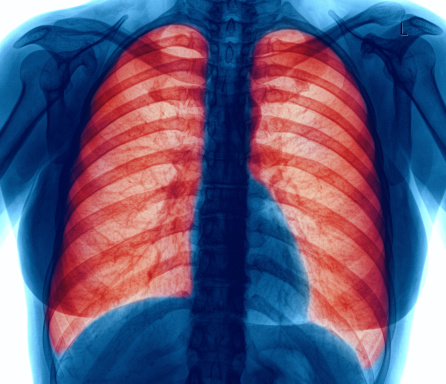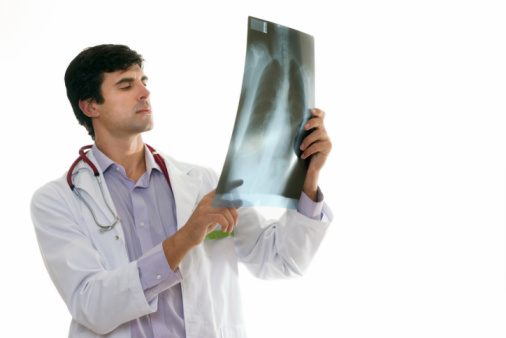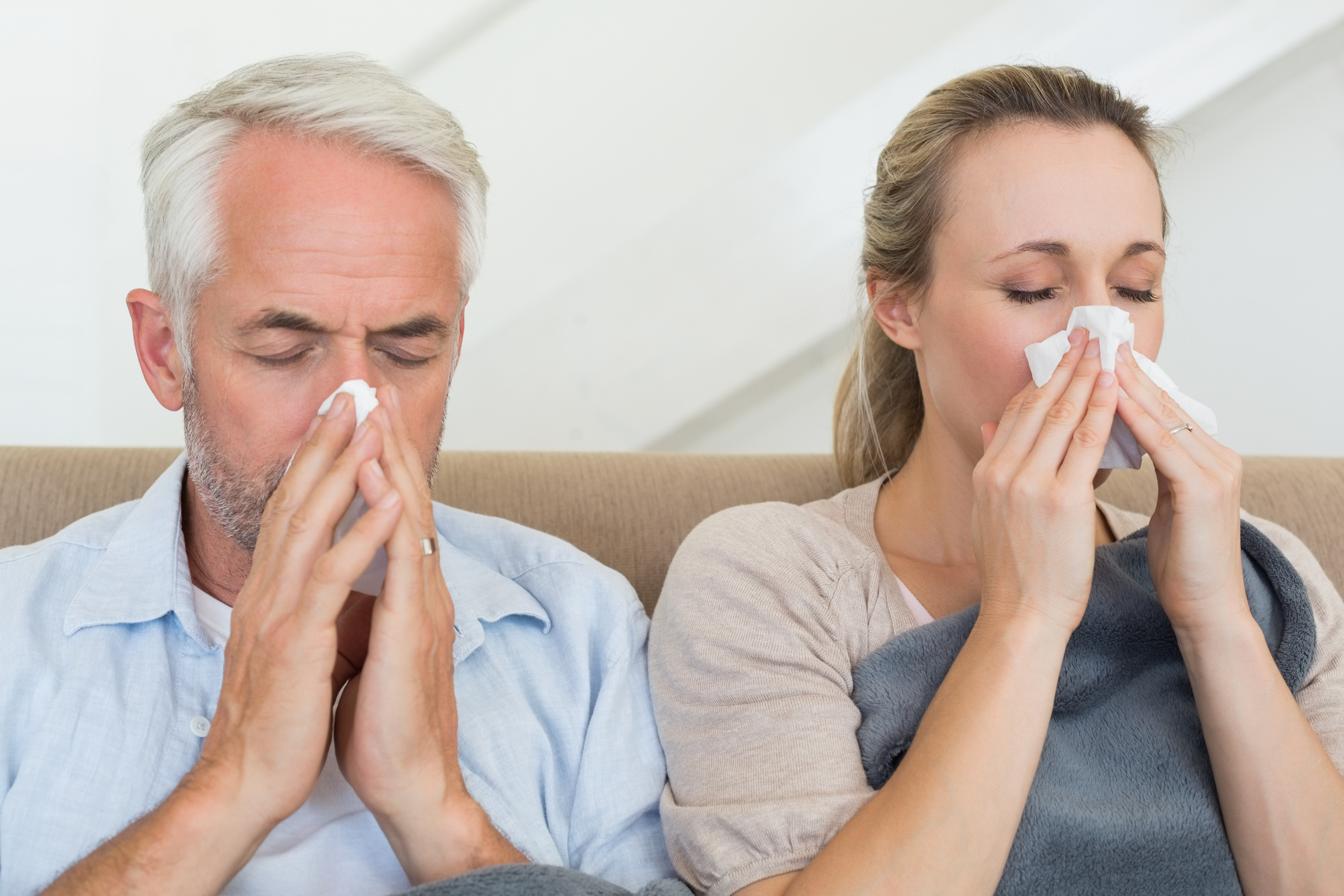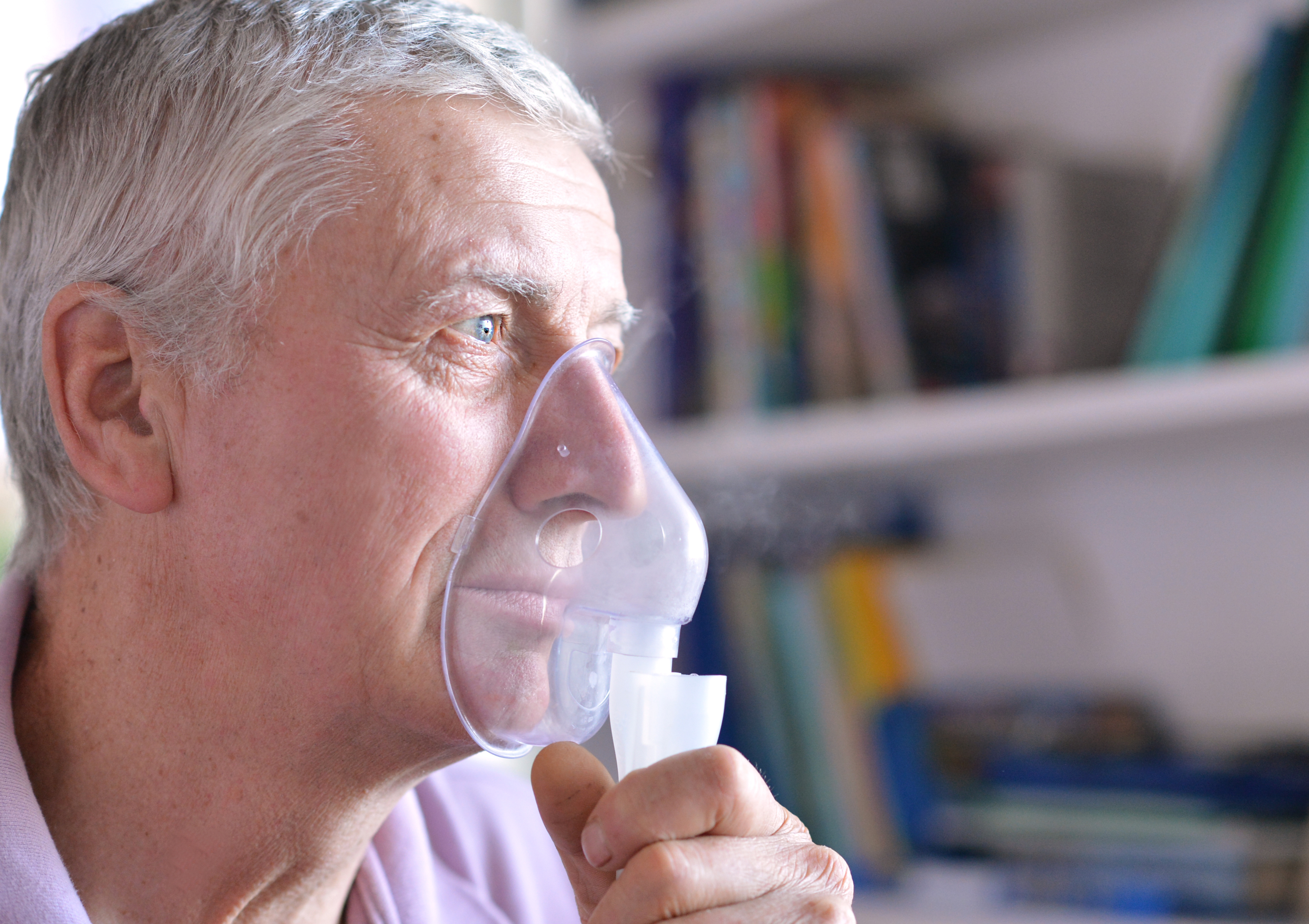Preventing pneumonia in elderly: How to boost the immune system
Pneumonia is a preventable condition, but you need a strong immune system to resist the infection. Pneumonia is inflammation of the lung tissue caused by a virus, bacteria, or fungus. It may be contagious if caused by an infectious microbe. But if it is caused by chemical fumes or other poisons, then it is not ...click here to read more


